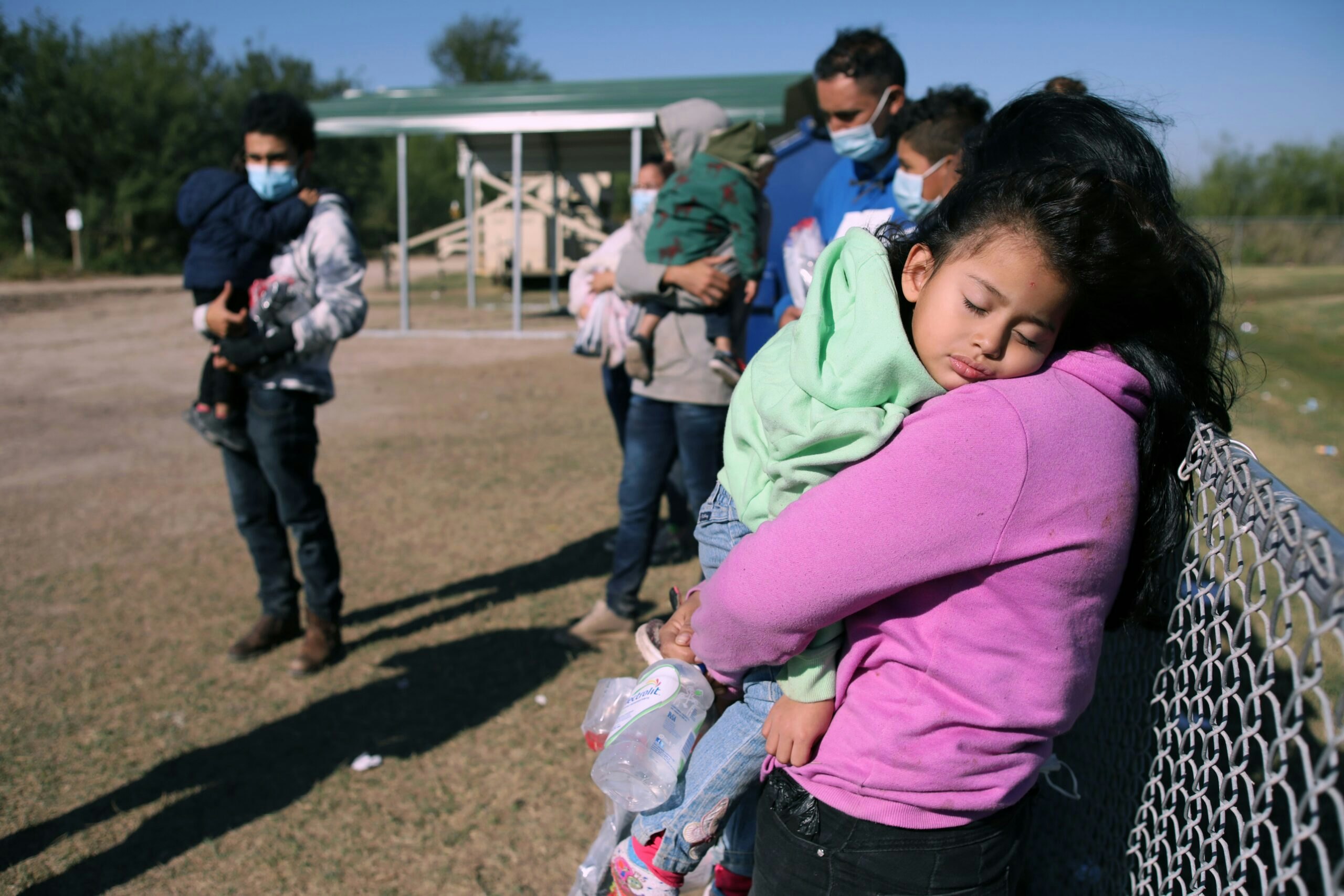Frida Ben Attia, a clinical psychologist and researcher in clinical trauma in Tunis, Tunisia, is a member of the 2014 Women’s Initiative...
Frida Ben Attia, a clinical psychologist and researcher in clinical trauma in Tunis, Tunisia, is a member of the 2014 Women’s Initiative Fellowship class. Shortly after meeting Frida, you sense her passion and drive to aid trauma victims and immigrants – issues that are closely entwined in her mind. Along with personal interaction and counseling with refugees and trauma victims, she seeks to raise awareness about these issues through articles like The Bitter Homeland. The essay recently appeared in the Huffington Post and has been translated from French.
If the birds needed a visa for their migration, who would permit their chant, banish winter or would select spring?
Following the incidents of the blocked migrant at the Melila Fence in Morocco last April and the sinking of illegal immigrants’ boat off the Libyan coast, a number of exoduses continue to be faced with refoulement policies, leaving these damned travelers stripped of the only luggage they could carry: their dignity.
Candidly, Article 13 of the Universal Declaration of Human Rights of 1948 states that everyone has the right “to freedom of movement and residence within the borders of each state” and “to leave any country, including his own, and to return to his country.”
Going back to the myth of freedom of movement, it is bitterly noted that the abolishment of borders is a mystical inclination rather than a well crafted illusion. This illusion remains driven by a common market, a kind of trompe-l’oeil traffic cone defining areas of free circulation. It is a confinement from the side of the sectarian who pleads, paradoxically, the globalization of the world while drawing uncrossable borders.
Today more than ever, access to rights guaranteed by the Universal Declaration of Human Rights carries a utopian connotation. Indeed, violations of the most fundamental rights and basic legitimacies are now becoming the norm. Paranoid policies are facing a constant threat, which is that of migration. The only solution would be expulsion orders and refoulement of migrants, instead of rescuing them. The so-called notion of national sovereignty is precisely the most frequently used argument to justify that no nation likes to consider its “misfortunes” as its legitimate children. Result: 14,000 deaths have been recorded in the maritime borders of the European Union in the last 20 years.
In fact, the bitter domination of dictatorship, serves as a constant reminder to youth of the father’s authority. An authority which is governed by a set of prohibition rules, criminalizing any kind of emancipation. Hereby, there are multiple reasons to throwing themselves into the unknown, for those who dream of crossing the frontiers to Europe. One cause is the lack of surveillance of the National Guard and police in the frontiers. This has facilitated the circulation of migrants and fueled their desire to leave the borders in pursuit of an almost forbidden dream.
On the other hand, social stagnation caused by unstable political climate, has led to multiplying youth frustrations in a society suffering from marginalization and exclusion. Departing is, then considered the ultimate remedy following a number of attempts to succeed which are impossible to achieve in the immediate future. Therefore, opting deliberately to cross the border to sea represents for Harragas a mere attempt to move towards an uncertain destiny -which is that of facing the ocean- in contrast to another uncertain yet familiar one, which that of their country. Despair is certainly the first catalyst to foster a suicidal act which is equivalent to “burning” borders. What is striking is that this desire to relieve suffering surpasses the desire to live and disrupts therefore the instinct of self-preservation.
This comes naturally to people who are constantly subjected to suffering and humiliation. Indeed, this idea of migration serves as a springboard to travelers facilitating their jump to the other side, an act which as “illegal” as it seems to be, it remains liberating. To prevent this phenomena, individual resilience is required, as well as a well developed strategy to face the lack of institutional support and social care. This urge to leave, is also driven by a quest for some recognition and a desire to improve the low self-esteem which unemployment has caused. Self-realization is undoubtedly one focal motive, but it is only the visible part of the iceberg.
Whoever “burns” the borders, wouldn’t he be burning his own identity? An identity which is as fragile as the embarking boats to the middle of the Mediterranean.
Some sociologists and other specialists are documenting this call to be rescued as delinquent or suicidal acts. For my part, embarking to a forbidden destination is just a completely decriminalized act because in the absence of punishment, sin will have no means or reason to exist. Everything is relative, in absence of resources, rehabilitation centers, outreach and awareness buildings in the regions.
We will never be able to fully cover the issue of so-called “illegal immigration” as all socio-economic and psychological factors are buried under the cloak of taboo, the sore subject, and especially in fear of offending the “sacro-sanct” European Union and its pseudo-globalizing policies. Meanwhile, souls dream of a better life, souls are perishing in an attempt to reignite the fire in them by crossing miles of dreams, miles of endless perils.




























